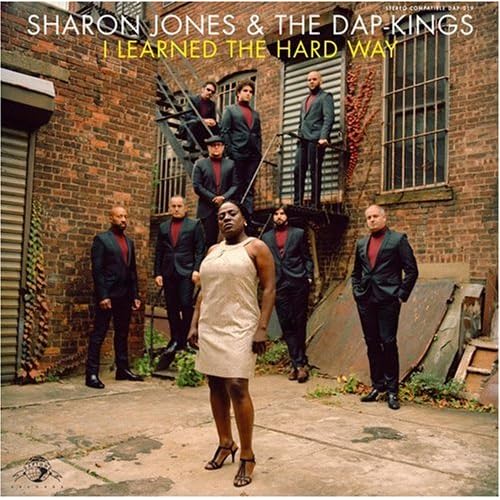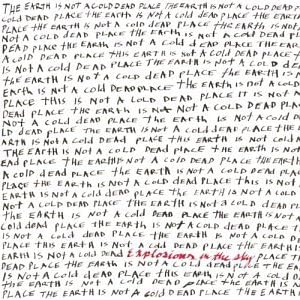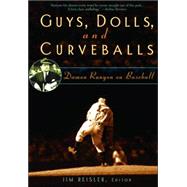Tuesday, September 15, 2009
Ouch! Nick Hornby's Taking It On The Chin
 The Times reviewed Juliet, Naked on August 29th with the closing line, "Reading Juliet, Naked isn’t exactly a waste of time. But I’d rather be building sandcastles. "
The Times reviewed Juliet, Naked on August 29th with the closing line, "Reading Juliet, Naked isn’t exactly a waste of time. But I’d rather be building sandcastles. "UK's The Guardian's verdict on August 30th is a tad more enthusiastic although it's last paragraph begins with a sigh and ends with a wish. "Elasticity – a sense that a novel has been written, in part at least, because its author needed to find something out for themselves – is an underrated part of what creates narrative atmosphere and tension. It's also a large part of why we read on. Nick Hornby is an enormously accomplished writer, but next time I'd love to read less about what he's already decided and more about what he still needs to find out."
At least The Independent ends on a positive note. "Juliet, Naked has only a bare plot, and the most tentative of romances, but it is about feelings being reawakened, small lives being expanded, and the function that art can play in the process. It is only gently comic, but subtle and insightful, and really quite touching."
The NY Times has not reviewed the book. Since Mr. Hornby is one of the featured speakers/authors at the NY Times Great Literary Conversation on October 4th, 5 days after the book appears in the States, I'm wondering if the review is in but won't be published until AFTER the October 4th event.
Whatever.
My order's been in since late Spring. With Mr. Hornby, it's not so much the destination as the trip there that is always the reward with his books. In fact, the final destination, taken apart from the rest of his novels, tend to be not so much disappointing as let-downs. It's as if the ending is a short rest before each book continues on its own imagined life.
So, I've got my ticket for the Juliet, Naked train. Tuesday, September the 29th, I'm boarding the train on rails going to the vanishing point.
Labels: Reviews
Comments:
<< Home Verging on Pertinence Just some more disposable thoughts clogging up the hinterlands
It's interesting to read that bit about "elasticity," a quality I appreciated more in my youth than I do now. Assuming this critical observation is spot-on, is elasticity something we must lose as we grow older? And just how the hell did Trollope manage his stunt, year after year?
As the joints harden up, it's not only the physical but the mental gymnastics that are curtailed, I guess.
Unless, you actively seek out the difficult or inventive.
Trollope? I am embarrassed to say that I've not read a single sentence of his. Missing a lot, eh?
Post a Comment
Unless, you actively seek out the difficult or inventive.
Trollope? I am embarrassed to say that I've not read a single sentence of his. Missing a lot, eh?
<< Home Verging on Pertinence Just some more disposable thoughts clogging up the hinterlands

















